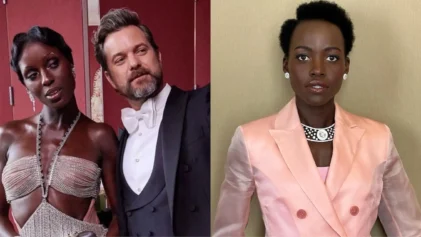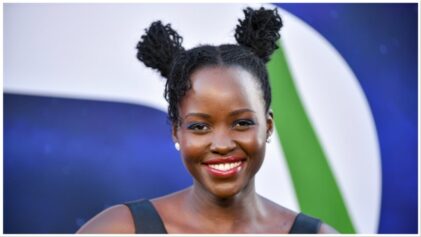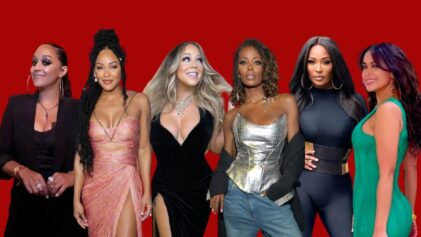On a recent afternoon at Chicago’s Dewey Elementary Academy of Fine Arts, Ladon Brumfield asked a group of 9- and 10-year-old African-American girls to define beauty.
The nearly 20 girls unanimously agreed that if a woman had short, kinky hair, she was not beautiful. But when Brumfield, the director of a project empowering young girls, passed around a photograph of Lupita Nyong’o, the dark-brown-skinned Oscar-winning actress who sports an extra short natural, the girls were silent for a moment.
Then, once again, their answer was unanimous: They agreed Nyong’o was beautiful.
“It’s like they had to make a mental readjustment,” said Brumfield, founder of the nonprofit Girls Rule! “This was in conflict with the overwhelming imagery they receive from the media about having to have long hair.”
For more than a decade, increasing numbers of Black women have been wearing their natural hair in Afros, braids, locks and twists. But now, thanks in part to Nyong’o, it’s the TWA, or teenie-weenie Afro, that’s getting a second look and expanding notions of beauty into territory where it really hasn’t taken root before — the larger culture.
Nyong’o isn’t the first Black woman or celebrity to sport a super-short natural. Actresses Viola Davis and Danai Gurira have done so, along with model Alek Wek and singer Grace Jones. But what’s different about Nyong’o is that she’s been embraced outside the Black community, as both media darling and graceful beauty. On Friday, Nyong’o was named the new face of Lancome cosmetics.
Experts say extra short hair will have to go to great lengths to overcome many of today’s issues surrounding beauty and hair that reach back to slavery. But it may give more women who have been contemplating the “big chop” the confidence to do so.
“Even when we were wearing Afros during the ‘I’m black and I’m proud’ (period of the 1960s and ’70s), people said, ‘Who has the bigger Afro?’ and length was an issue,” said journalist and Black hair historian A’Lelia Bundles, 61. She’s the great-great-granddaughter of Black hair care magnate Madam C.J. Walker.
“Hair is considered our crown and glory, and women view it as an expression of selfhood. But as we get older and become more secure in ourselves, hair often is just hair.”
“For a lot of black women, hair is an accessory, but they’re also looking for validation,” said Tonya Roberts, who studies multicultural trends at the Chicago office of market researcher Mintel. “When things become acceptable to society, it’s a wink to (the black community) that it’s OK — especially if the question is: Will I be able to get a job with this hairstyle? Will my co-workers or family members accept me?”
As part of a national survey Mintel released last year on Black hair care, the company asked Black women to rate six hairstyles shown in photographs: braided, long and straight, short and straight, natural, long and curly, and locked.
Read the full story at chicagotribune.com.


